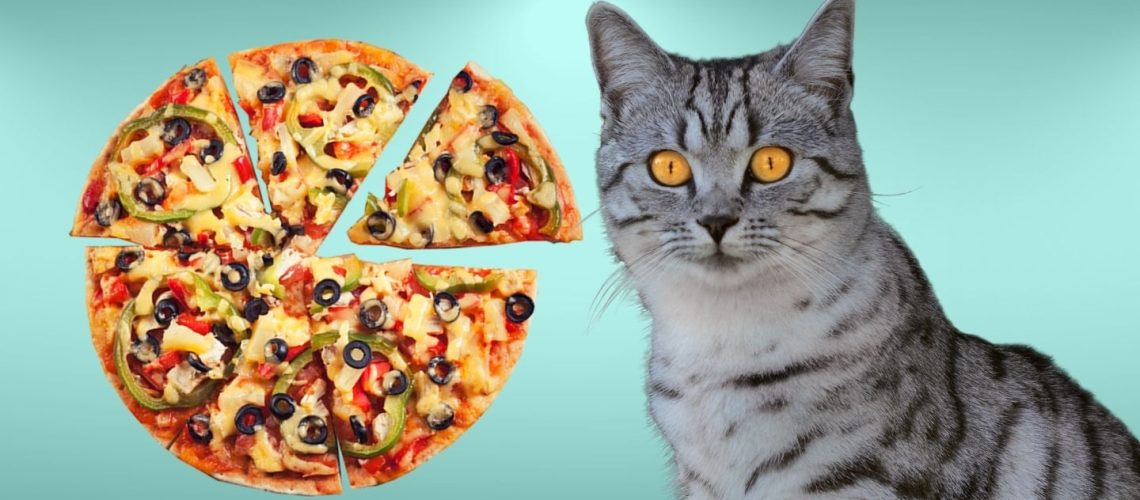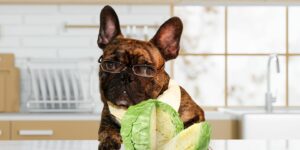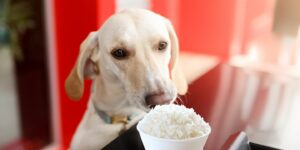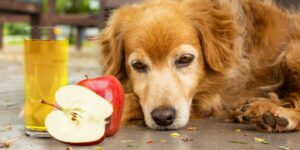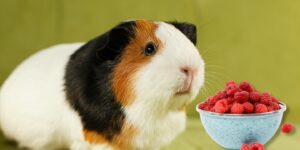The short answer is no, cats should not eat pizza. While pizza may not necessarily be harmful to cats in small quantities, it is not a suitable or healthy part of a feline diet. Cats are obligate carnivores, which means that they require a diet primarily composed of meat in order to obtain the necessary nutrients to support their health and well-being.
Importance of Feline Nutrition
Proper nutrition is essential for a cat's overall health. Feeding a balanced diet helps maintain their energy levels, coat condition, and supports their immune system.
Cats as Obligate Carnivores
Cats are obligate carnivores, meaning they need meat to survive. They rely on meat to provide essential nutrients such as taurine, which cannot be obtained from plant-based foods.
Human Food vs. Feline Diet
While it might be tempting to share food with your cat, most human foods are not suitable for them. Cats have specific dietary needs that can only be met by a balanced, species-appropriate diet.
The Ingredients of Pizza
Pizza is comprised of various ingredients that may not be suitable for feline consumption.
Dough (Flour and Yeast)
Pizza dough is primarily made from flour and yeast. Both of these ingredients have little nutritional benefit for cats and can pose risks, such as gastrointestinal issues, if consumed in large quantities.
Cheese
Cheese is a common topping on pizza, but it is not recommended for cats. Lactose intolerance is common in adult cats, and consuming dairy products can cause digestive issues.
Tomato Sauce
Tomato sauce is typically acidic and can lead to stomach irritation in cats. Some types of tomato sauce may also contain onion and garlic, which can be toxic to cats.
Pizza Toppings
Many pizza toppings are unsuitable for cats, such as onion, garlic, and certain spices. Some may be safe in small quantities, like plain cooked meat or some vegetables, but cats should not rely on these toppings as part of their regular diet.
Potential Risks of Feeding Pizza to Cats
Feeding pizza to cats can lead to various health issues.
Gastrointestinal Issues
The ingredients in pizza, such as cheese or tomato sauce, can cause digestive problems and vomiting in cats.
Weight Gain and Obesity
Pizza can be high in calories, fat, and salt, which can contribute to weight gain, obesity, and related health problems if consumed regularly.
Sodium and Fat Content
High levels of sodium can put a strain on a cat's kidneys, potentially leading to kidney disease. A high-fat diet can also contribute to pancreatitis in cats.
Toxic Ingredients
Ingredients such as onion, garlic, and certain spices can be toxic to cats and cause serious health problems if ingested.
Safe and Unsafe Pizza Toppings
Cats should not consume most pizza toppings, but some may be safe in small quantities.
Safe Toppings
- Plain Cooked Meat
- Vegetables (excluding onions and garlic)
Unsafe Toppings
- Onion and Garlic
- Chives and Leeks
- Spices and Seasonings
Alternatives to Pizza for Cats
Cats should be fed a balanced, species-appropriate diet.
Balanced Cat Foods
Commercial cat foods are designed to meet the nutritional requirements of cats. Look for high-quality options that list a meat source as the first ingredient.
Homemade Cat Treats
You can make homemade treats for your cat using appropriate, safe ingredients like cooked meat or fish.
Feeding Guidelines for Cats
Feeding guidelines vary based on your cat's age, size, and activity level. Consult your veterinarian for personalized feeding recommendations.
Tips for Keeping Your Cat Away from Pizza
To prevent your cat from consuming pizza, follow these tips:
- Feed your cat before enjoying your own meal.
- Designate a separate eating area for your cat.
- Use training and discipline techniques to teach your cat not to beg for food.
Frequently Asked Questions
Can Cats Eat Cheese?
It is not recommended for cats to eat cheese, as lactose intolerance is common and may cause digestive issues.
Can Cats Eat Bread?
Bread offers little nutritional benefit to cats and should not be part of their regular diet.
Can Cats Eat Vegetables?
Cats may eat certain vegetables in small quantities, but they should primarily consume meat-based diets.
How to Tell if Your Cat Has Eaten Something Harmful
Common signs of toxicity in cats include vomiting, diarrhea, loss of appetite, and lethargy. If you suspect your cat has consumed a harmful substance, contact your veterinarian immediately.
Conclusion
In conclusion, cats should not eat pizza. While it may not be immediately harmful in small quantities, pizza is not a suitable or healthy food for cats to consume on a regular basis. It is important to stick to a balanced, species-appropriate diet for your cat in order to support its health and well-being.

